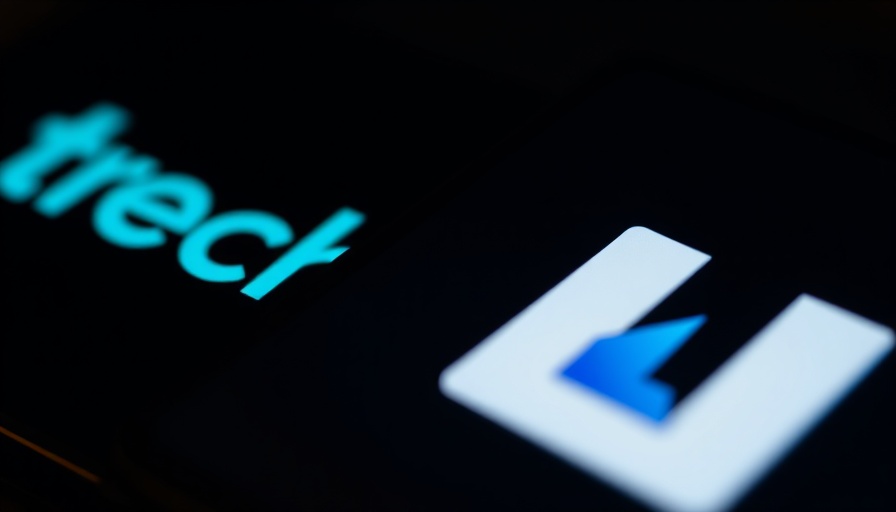
Unveiling the Findings: AI Similarities and Implications
A groundbreaking study by Copyleaks shows that a significant 74.2% of texts generated by DeepSeek closely resemble those produced by OpenAI's ChatGPT. This revelation implies potential reliance on OpenAI's data to train DeepSeek. The findings have stirred concerns regarding intellectual property rights and regulations surrounding AI.
Understanding the Research Methodology
Copyleaks employed advanced algorithm classifiers to pinpoint stylistic fingerprints across AI models, including OpenAI, Claude, Gemini, and Llama. By utilizing a unanimous voting system, the study effectively minimized false positives, supporting the claim that DeepSeek’s outputs share an unprecedented level of similarity with ChatGPT outputs. Shai Nisan, a key figure from Copyleaks, reinforces this by comparing the study's methodology to forensic handwriting analysis, highlighting the importance of stylistic evaluation in this context.
What Does This Mean for the Future of AI?
The implications of this study extend far beyond mere stylistic comparisons. If DeepSeek's training utilized OpenAI’s outputs without proper authorization, it raises significant questions about compliance with intellectual property rights. Such a situation could signal a legal and operational dilemma within the AI landscape, as clear regulatory frameworks around AI training data become essential.
The Financial Ripple Effects in the AI Market
Industry reactions to DeepSeek's innovations were swift, with major companies like Nvidia experiencing a notable decline in stock value after DeepSeek's announcement of a cost-effective generative AI model. This financial fallout highlights the competitive pressures within the market and underscores the need for clarity and assurance regarding AI model origins.
DeepSeek's Rise: A Cost-Effective Alternative
Launched by a Chinese startup, DeepSeek is distinguished by its low development cost of only $6 million, significantly lower than many competitors. With its open-source approach, it has the potential to democratize access to AI, allowing developers more freedom to experiment and innovate compared to the closed environment of existing models like ChatGPT.
Navigating Ethical Frontiers: AI's Future and IP Rights
The ongoing discourse around AI training data ethics is reminiscent of challenges faced by conventional industries grappling with copyright. With DeepSeek's evident stylistic overlap with ChatGPT, this study emphasizes a gap in current IP protections that needs addressing. The contexts of collaboration, creativity, and innovation come into play here, as artists and developers seek clarity on the legal status of their contributions in an era increasingly influenced by AI technologies.
Conclusion: The Need for Regulatory Frameworks
As we advance, the intersection of creativity and technology calls for robust IP regulations. Understanding the technical methodologies behind AI, such as the ones employed by DeepSeek and OpenAI, will be critical in establishing policies that uphold innovation while protecting intellectual property. With more studies like Copyleaks, we can expect ongoing evaluations of AI models that could eventually shape the future of technology.
In light of these findings, stakeholders across the tech industry must initiate dialogues around ethical AI practices and consider forming clear regulatory guidelines that govern the development and deployment of AI technologies.
 Add Row
Add Row  Add
Add 




 Add Row
Add Row  Add
Add 

Write A Comment